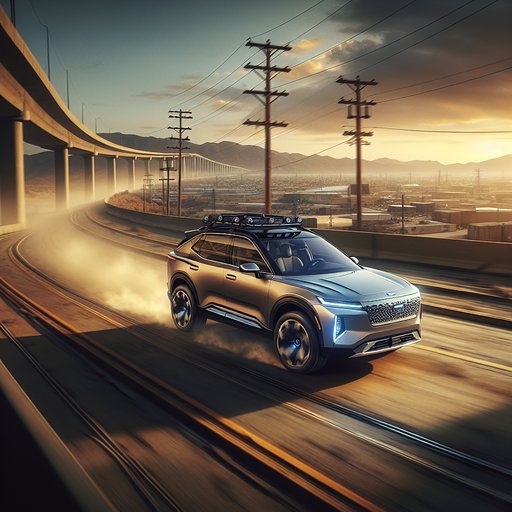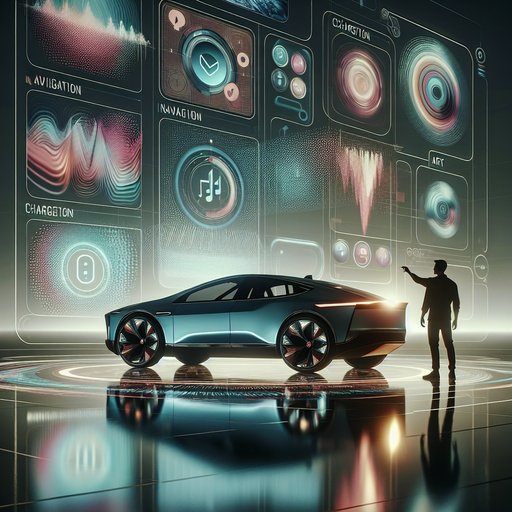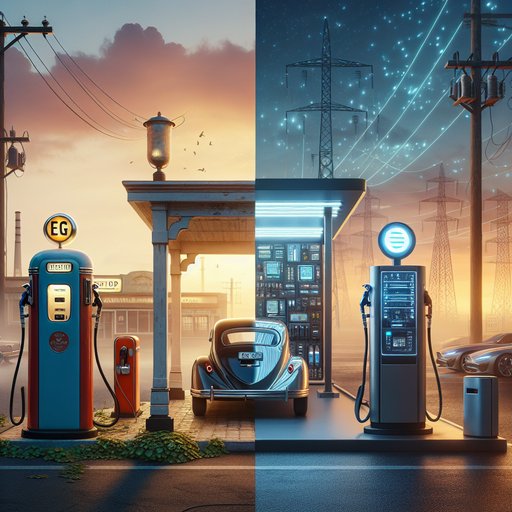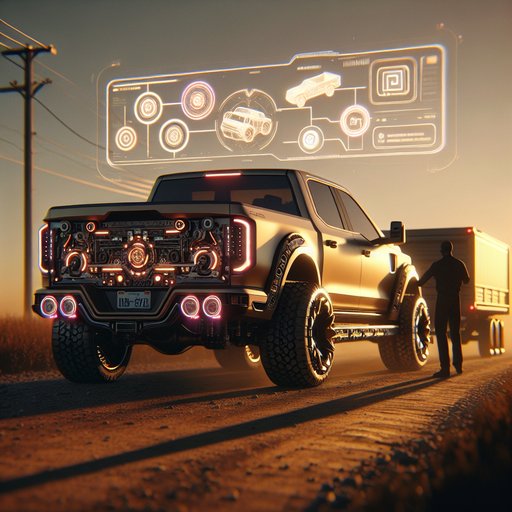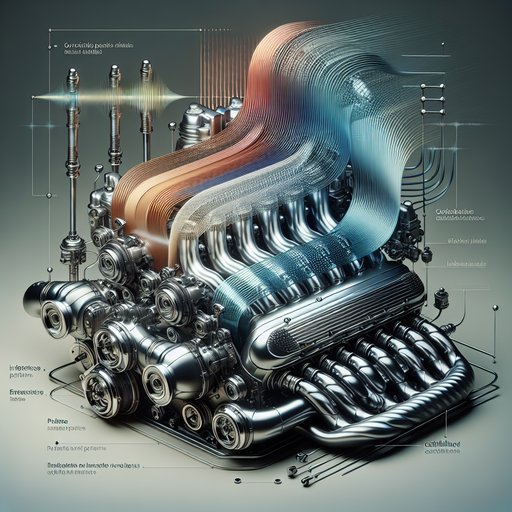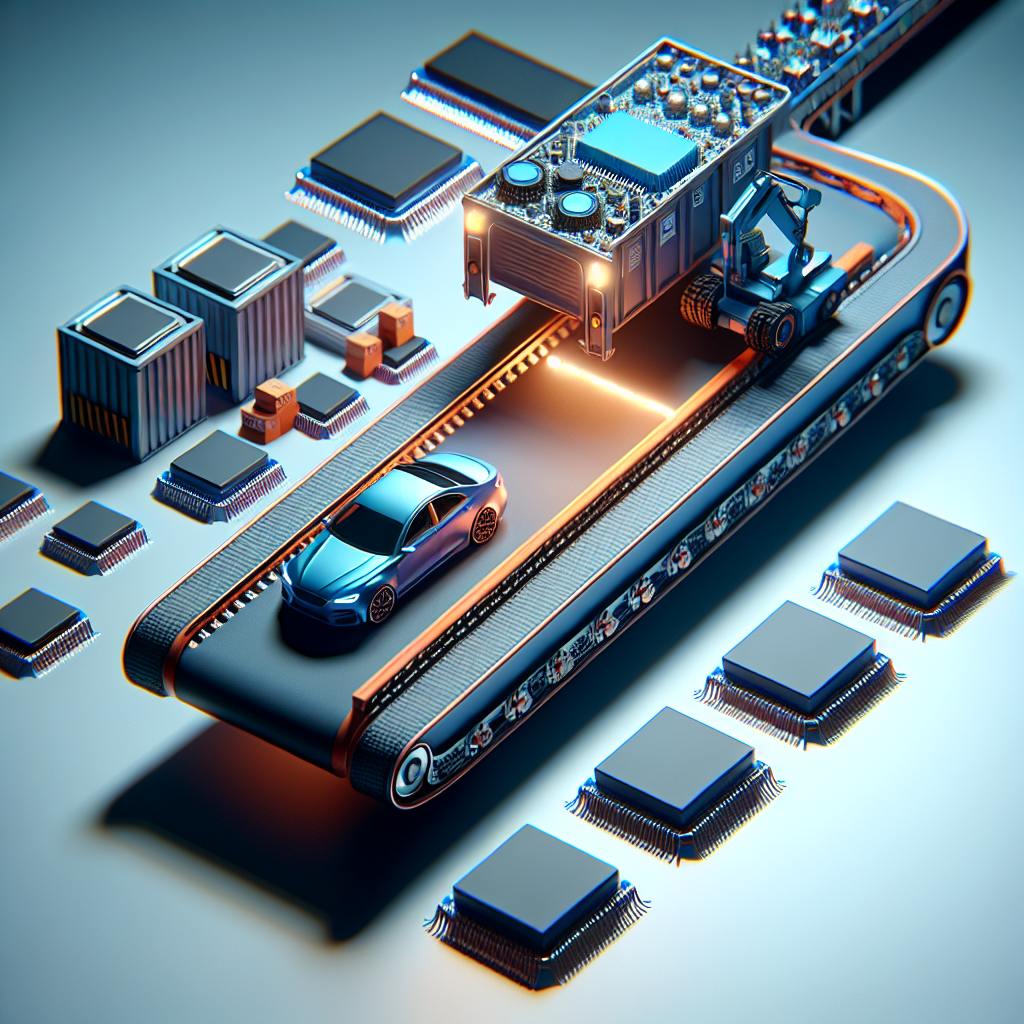
Major developments in battery technology and semiconductor manufacturing are reshaping the automotive supply chain landscape, while cybersecurity challenges create new hurdles for manufacturers. Several leading automakers and technology companies have announced breakthrough innovations in battery design and charging capabilities, promising to revolutionize electric vehicle performance and accessibility.
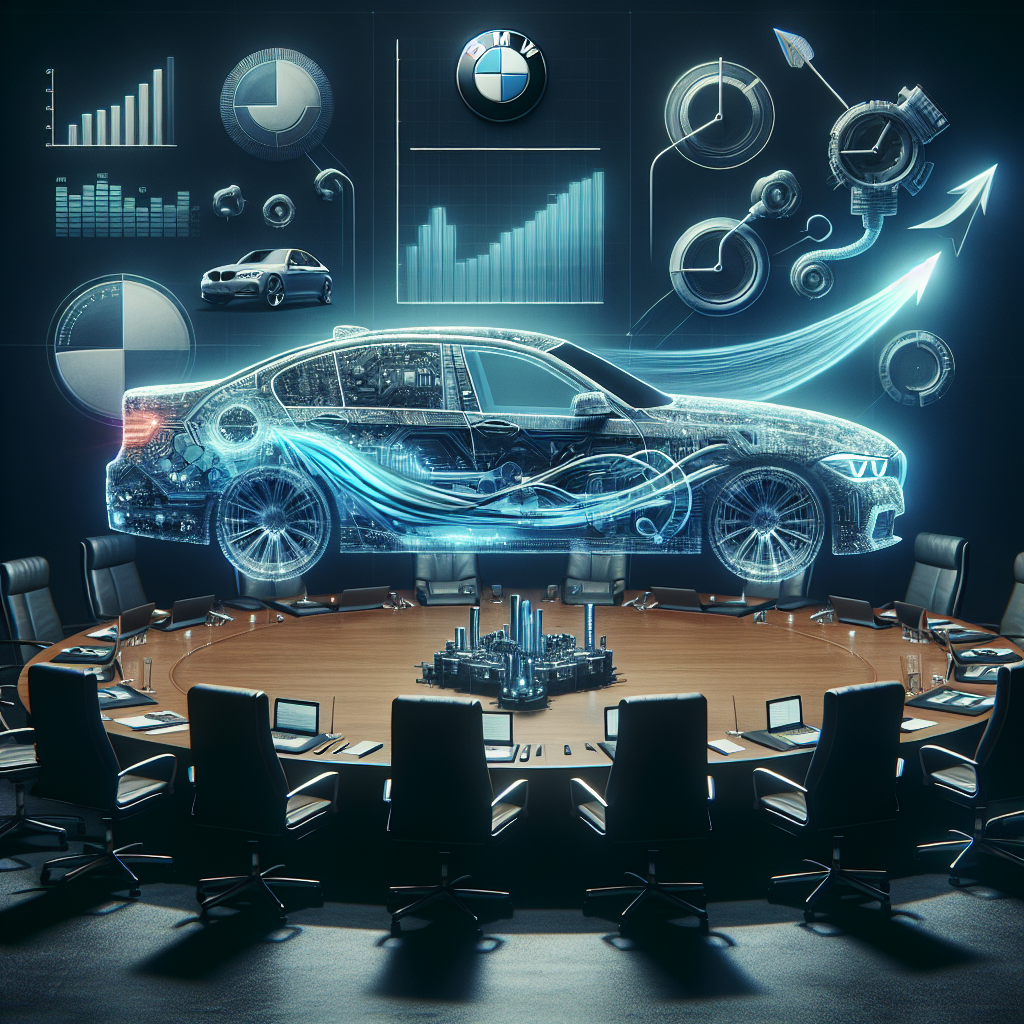
In a significant strategic announcement, BMW has reaffirmed its commitment to traditional sedan models despite the growing SUV trend, while simultaneously expanding its electric vehicle portfolio. The German automaker's balanced approach reflects broader industry shifts as manufacturers navigate changing consumer preferences and electrification demands.

In a significant strategic shift for its electric vehicle lineup, Nissan has announced the discontinuation of its Ariya electric SUV. The Japanese automaker plans to redirect resources toward developing a new version of its Leaf EV, signaling a change in its approach to the competitive electric vehicle market [1].

The automotive sector is experiencing significant workforce changes across multiple manufacturers, with some companies reaching favorable agreements while others face challenging decisions. A major wage settlement at Hyundai contrasts with job cuts at European operations, highlighting the industry's current volatility and varying regional conditions.

The European automotive landscape is experiencing significant shifts, with battery electric vehicles (BEVs) showing remarkable growth as sales increased by 33.6% according to recent data [1]. This transformation comes alongside major infrastructure developments and varying market performances across different regions, highlighting Europe's accelerating transition toward electric mobility.

Major automotive manufacturers are making strategic moves to reshape their production capabilities, with significant developments in both North America and Asia. These changes reflect the industry's continued pivot toward electric vehicles and smart manufacturing technologies, marking important shifts in how and where vehicles and components will be produced.
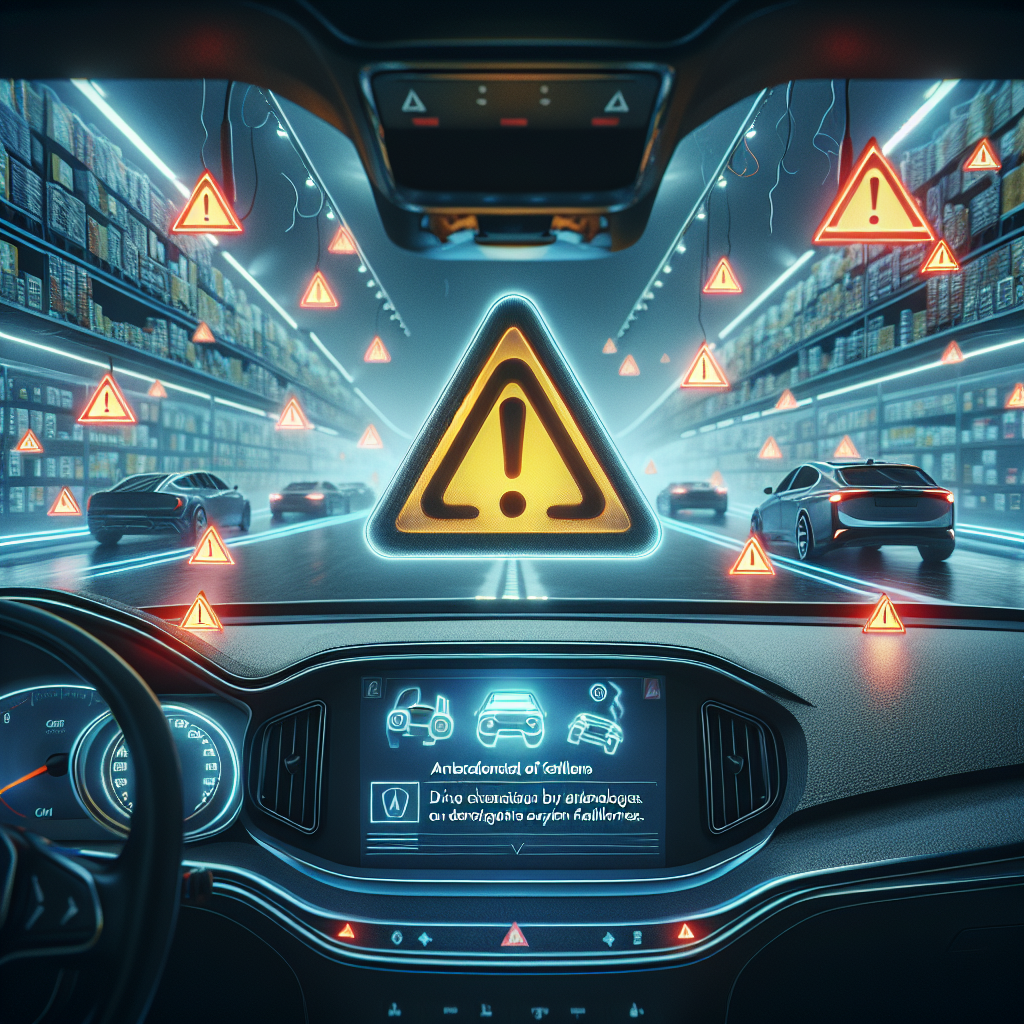
Several major automotive manufacturers have announced significant safety recalls affecting hundreds of thousands of vehicles worldwide. The recalls span multiple brands and models, with issues ranging from drive power loss to defective heating systems, highlighting ongoing quality control challenges in the industry. Toyota and its luxury brand Lexus are particularly impacted, along with other manufacturers including Jeep, Ford, and Subaru.
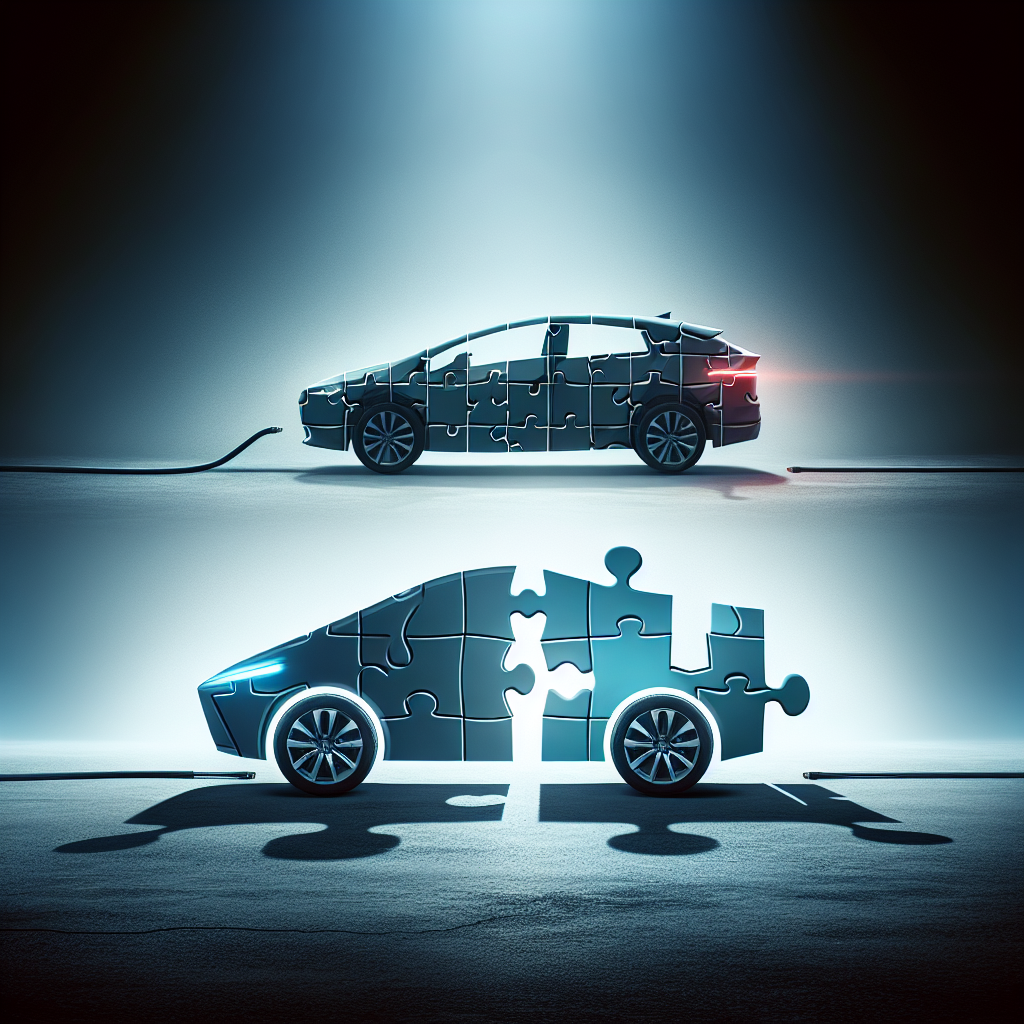
In a significant shift in electrification strategy, Stellantis has announced the cancellation of its fully electric Ram 1500 pickup truck program, marking a major pivot in the automotive industry's approach to electric vehicles. The company will instead focus on a plug-in hybrid version of the pickup, adopting the REV nameplate for this new direction [1].
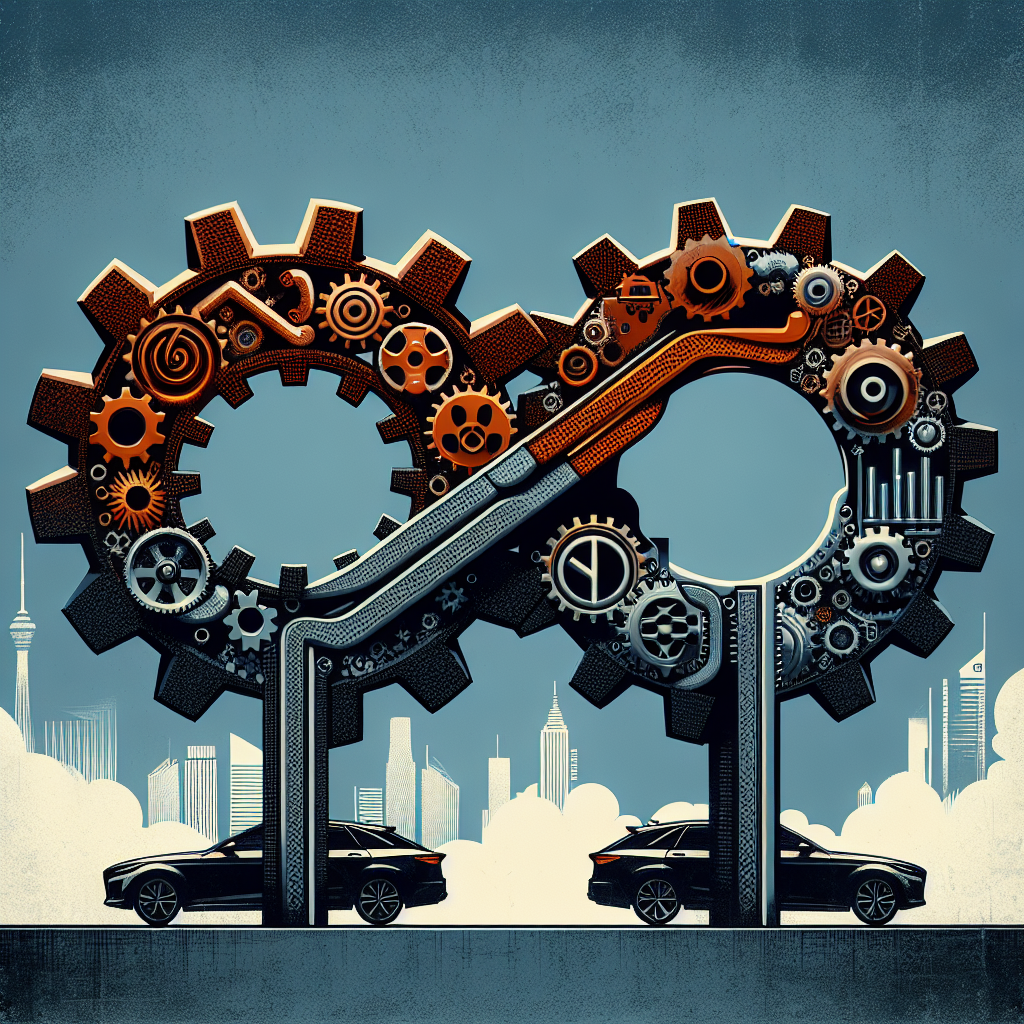
The automotive industry is witnessing a wave of strategic collaborations and business transformations as companies adapt to evolving market demands. From manufacturing partnerships to motorsport alliances, major players are joining forces to strengthen their market positions and accelerate technological advancement.
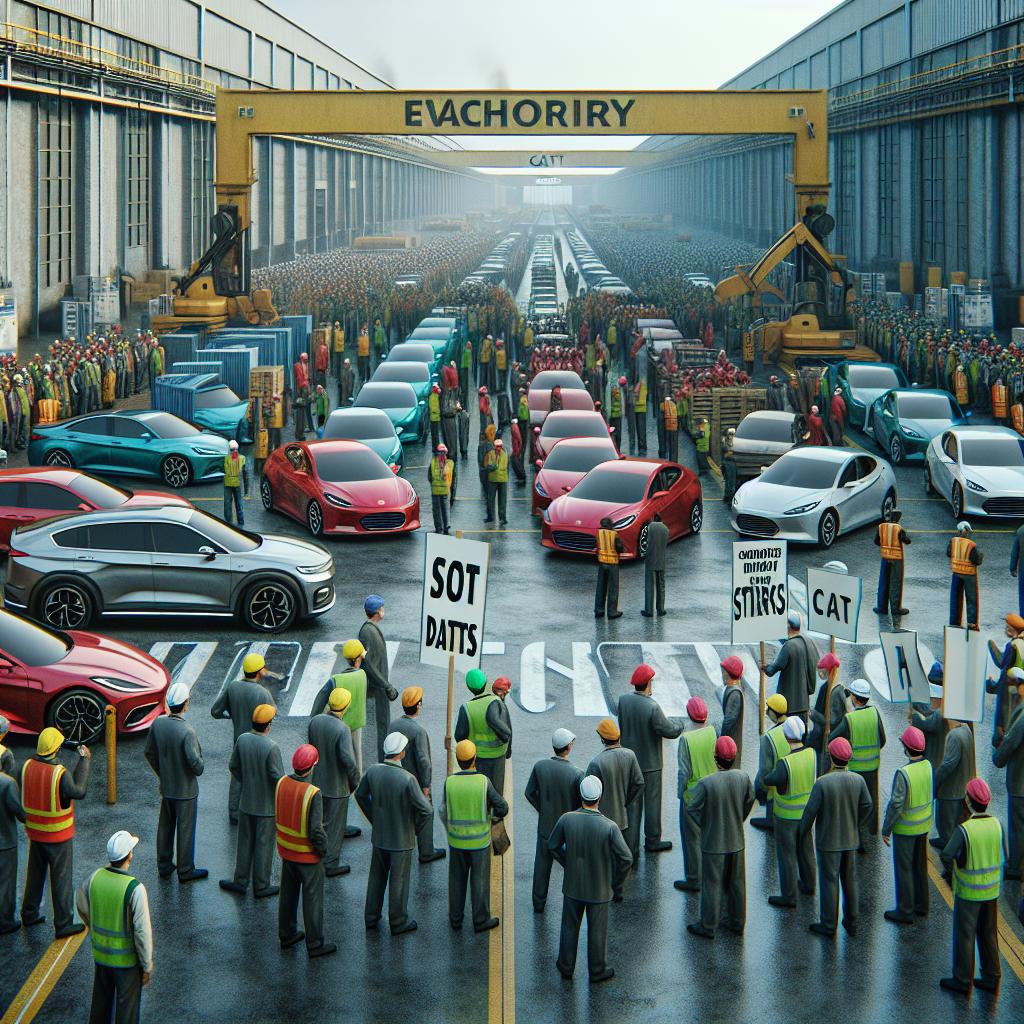
The automotive industry is experiencing significant shifts as major manufacturers navigate labor relations, production challenges, and technological transitions. While Stellantis and General Motors have expressed support for Canadian auto workers [1], other manufacturers face their own set of challenges in production and operations.


